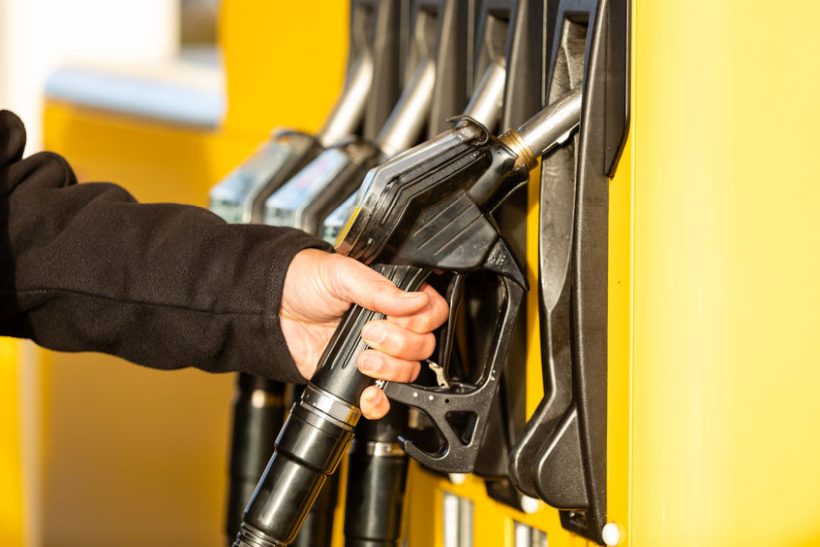
Petrol pumps across the UK are now offering greener E10 petrol following years of lobbying by the farming industry.
The new form of cleaner petrol, which was rolled out from 1 September, is seen as a stepping stone toward delivering greener fuel for the public.
According to the government, the move will cut transport emissions by the equivalent of taking 350,000 cars off the road each year.
Transport Secretary Grant Shapps said: "Every journey matters as we drive forward the green industrial revolution, which is why the rollout of E10 is so important.
"It’ll help us cut road greenhouse gas emissions and meet our ambitious net zero targets."
E10 is a type of petrol that contains 10 percent renewable bioethanol, which is made from wheat or sugar beet.
Its rollout will support the increased production of biofuels at two bioethanol plants in the north-east of England.
The move is excepted to provide job opportunities in the local area, with the plants providing around 200 skilled jobs directly.
It will also support the wider local economy, including the agriculture sector that supplies the feed-wheat needed to run the plants.
One of the plants, which is run by Vivergo Fuels Ltd, was forced to cease production in September 2018 due to a difficult trading environment and delays in the implementation of E10.
The NFU said the move to E10 was good news for both the farmers who supplied the bioethanol plants and the overall green agenda.
The union's crops board chairman Matt Culley said: “It will play an important role in delivering the green agenda, especially as it may be some years before we are able to make a countrywide shift to fully electric vehicles.
"British growers have the ability to deliver more renewable fuel for the nation, alongside continuing to produce the country’s larder staples.
"We should do all we can to maximise that potential to help drive green growth across the economy.”
Farmers have also been urged to check if their vehicles and machinery are E10 compliant following a move to the grade.
